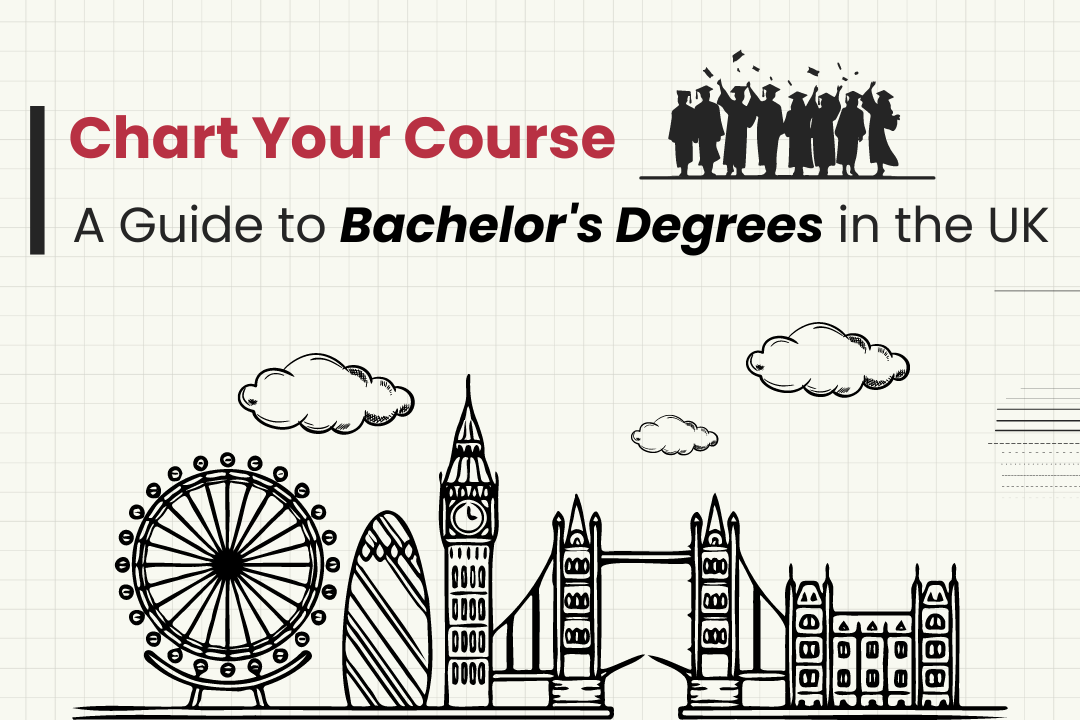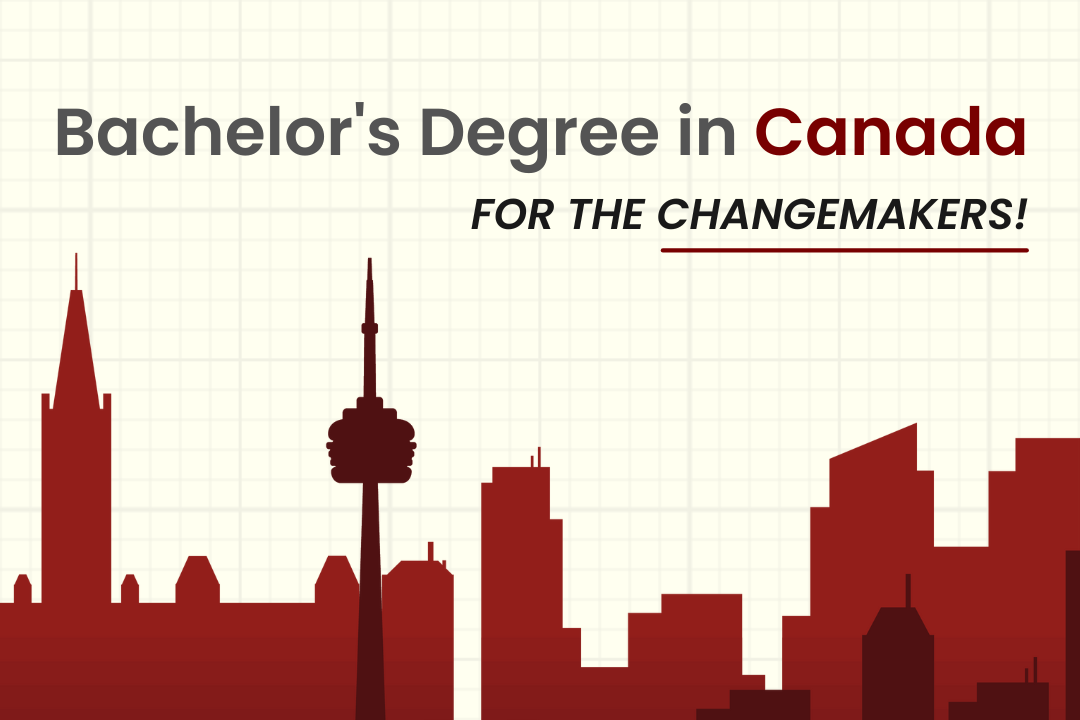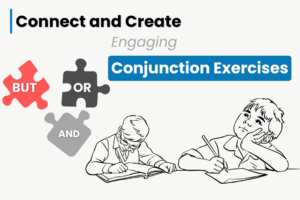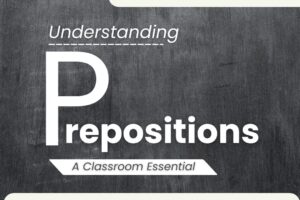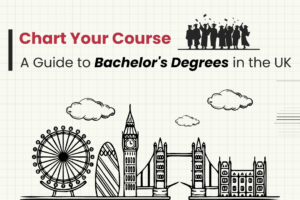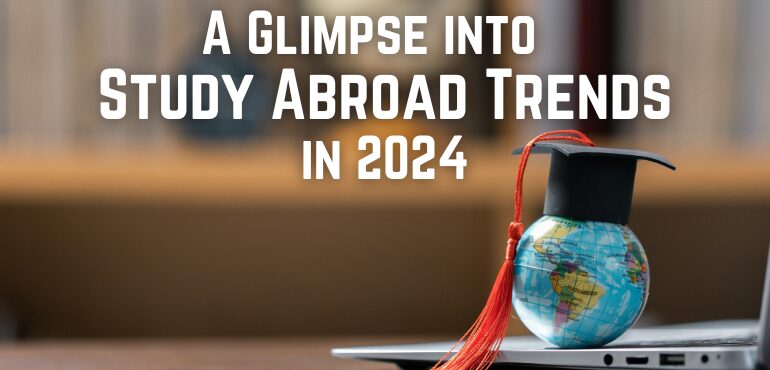
Studying abroad is no longer just a gap year adventure; it’s a strategic move for personal and professional growth, unlocking a world of merits of international study. The landscape of international education and trends in intermediate education are constantly evolving, and 2024 promises exciting new twists and turns for aspiring global citizens.
Top Study Abroad Trends of 2024
Buckle up because we’re about to explore 10 key trends and steps to study abroad to redefine the overseas experience and equip you with a competitive edge in the globalized job market!
Destination Diversification
Move over, London and New York! While traditional powerhouses like the UK and the US remain attractive, students are venturing beyond the beaten path. Europe is seeing a surge in popularity for destinations like Germany, Spain, and the Netherlands, offering affordable options and strong career prospects. Emerging economies like Singapore and South Korea are drawing attention with their focus on innovation and cutting-edge technology. This diversification reflects a desire for unique cultural experiences and career opportunities outside the established paths.
Hybrid Learning
The pandemic’s impact on education lingers, accelerating the adoption of hybrid learning models. Universities are integrating online modules with traditional classroom settings, offering flexibility and accessibility for international students. Imagine attending lectures in Paris while living in your home city, or participating in virtual labs conducted by renowned professors in Tokyo. Hybrid programs cater to various needs and learning styles, expanding access to top-tier education without geographical limitations.
Career-Centric Choices
With job markets in flux, students are prioritizing programs with demonstrably strong career outcomes. Fields like artificial intelligence, data science, renewable energy, and healthcare management are witnessing increased interest. Universities are responding by developing interdisciplinary programs and forging partnerships with industry leaders, ensuring graduates are equipped with the skills and knowledge employers seek. This career-centric approach emphasizes real-world application and practical experience, preparing students to hit the ground running in their chosen fields.
Financial Savvy
Affordability remains a crucial consideration for international students. Rising living costs and tuition fees necessitate careful planning and resourcefulness. Look for destinations with scholarships, work-study programs, and tuition-friendly policies. Research affordable housing options and explore cheaper alternatives to traditional university-owned dorms. Financial planning tools and scholarship databases are valuable resources, helping students make informed decisions and navigate the financial complexities of studying abroad.
Micro-Adventures
Not everyone has the time or resources for a semester-long program. Enter micro-adventures – short-term, intensive programs focused on specific themes or skill development. These immersive experiences can last anywhere from a few days to a few weeks, offering a taste of a new culture, language, or academic field. Micro-adventures are ideal for students with busy schedules or limited budgets, providing valuable cultural and professional exposure without a long-term commitment.
Responsible Education
As awareness of environmental and social issues grows, students are seeking educational experiences that foster responsible global citizenship. Universities are incorporating sustainability principles into their curriculum, offering programs in environmental science, green technology, and social entrepreneurship. Study abroad programs are increasingly focused on immersive cultural experiences that promote intercultural understanding and engagement with local communities. This trend reflects a growing desire for a holistic education that empowers students to be responsible citizens, contributing to a more sustainable and equitable world.
Tech-Enabled Learning
Technology is blurring the lines between physical and virtual classrooms. Virtual reality (VR) and augmented reality (AR) are being used to create immersive learning experiences, allowing students to explore historical sites, conduct virtual experiments, and interact with diverse cultures from the comfort of their dorm rooms. This tech-enabled learning approach enhances engagement, overcomes geographical barriers, and personalizes the study abroad experience.
Focus on Mental Health and Well-being
Studying abroad can be both exhilarating and challenging. Universities are recognizing the importance of mental health and well-being, offering support services like counseling, stress management workshops, and cultural adaptation programs. This focus on holistic well-being ensures that students have the resources they need to thrive academically, personally, and emotionally during their time abroad.
Personalized Learning Pathways
Gone are the days of one-size-fits-all study abroad programs. Universities are offering more flexible and customizable options, allowing students to design their own academic journeys. Imagine combining language courses in France with an entrepreneurship bootcamp in Germany or pursuing research alongside internships in different cultural contexts. This focus on personalized learning empowers students to tailor their education to their individual goals, interests, and career aspirations.
Embracing the Unknown
Studying abroad requires flexibility and resilience in the face of the unexpected. Navigating new cultures, adapting to different academic systems, and overcoming language barriers are all part of the adventure. By developing strong problem-solving skills, embracing cultural differences, and learning from challenges, students cultivate valuable traits that will serve them well not only during their international experience but also throughout their lives.
Conclusion
These trends suggest a future where studying abroad is more diversified, flexible, and career-oriented. Technological advancements will further blur geographical boundaries, while a focus on responsible education will prepare students to tackle global challenges. As the world gets smaller and more interconnected, studying abroad will become an even more valuable experience, shaping not just individual careers but also a more sustainable and inclusive future for all.

